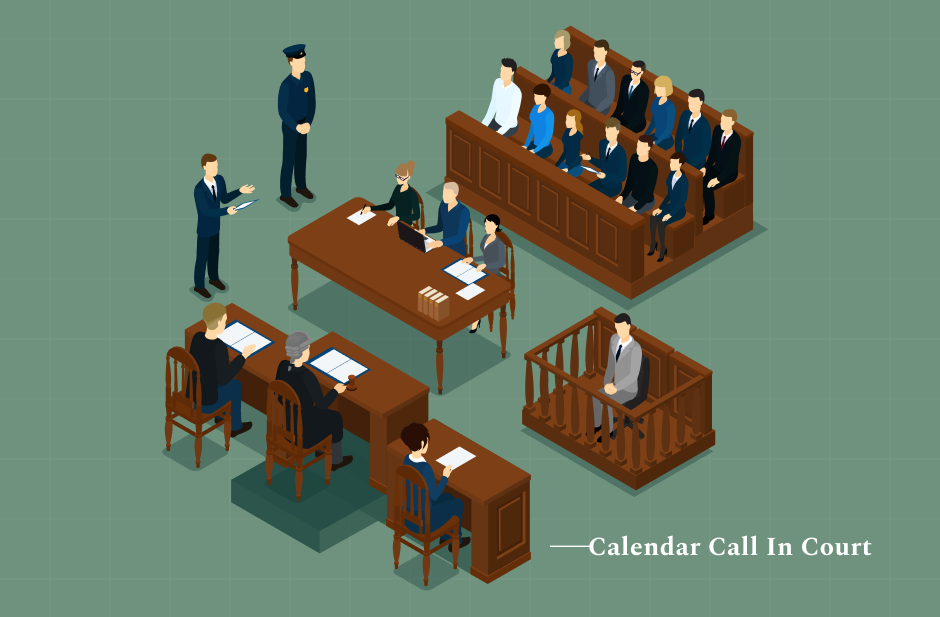When an injury claim is denied by an insurance company, it can be a disheartening experience. Individuals often find themselves confused and uncertain about the options to explore when they are rejected.
Understanding what constitutes a denied insurance claim and the common reasons behind these denials is the first step in navigating this challenging situation successfully.
Reasons Your Claim May Have Been Wrongly Denied
Insurance companies don’t have your best interest in mind. Ultimately, they are a for-profit business looking to cover their bottom line.
Here are some ways insurance companies may wrongfully deny your claim.
- Incomplete Information: Denial due to missing or incomplete information, where the insurer fails to consider all submitted documents or details, leading to a misunderstanding of the claim’s validity.
- Policy Exclusions Misinterpreted: Misinterpreting policy exclusions or limitations, resulting in a denial based on a misapplication of the policy terms, often overlooking coverage that should apply.
- Administrative Errors: Denials stemming from administrative errors within the insurance company, such as clerical mistakes or mishandling of documentation, leading to claim rejection.
- Delay in Processing: Unreasonably delayed claim processing, leading to expiration of deadlines, causing the claim to be denied due to technicalities.
- Disputed Medical Necessity: Disputing the medical necessity or relevance of treatments or procedures, leading to denial based on subjective interpretations rather than objective medical evaluation.
- Failure to Investigate Fully: Denying a claim without conducting a thorough investigation, neglecting crucial details or evidence that could substantiate the claim.
- Pre-existing Conditions Misapplied: Incorrectly applying pre-existing conditions clauses to deny claims, overlooking instances where the condition might not have a direct bearing on the claim.
Steps to Take After a Denied Claim
Review the Denial Letter and Reason
The initial action upon receiving a denial is to thoroughly review the denial letter. Understanding the specific reasons for denial is crucial. It could range from missing information to policy coverage issues. This insight is pivotal for charting the next course of action.
Contact the Insurance Company
Engage with the insurance company promptly after receiving the denial. Seek clarification on the reasons provided. There might be a possibility of a misunderstanding or misinterpretation of information that could be clarified during this communication.
Consider an Appeal
An appeal can be a viable step if you believe the denial was unjustified. It involves a systematic process and timeline to challenge the decision. Understanding the appeals process is essential for a well-informed approach.
Understanding the Appeals Process

Document Gathering and Organization
Collect all relevant documents pertaining to the claim. Organize them systematically to build a comprehensive appeal. Clarity and completeness in documentation significantly impact the success of an appeal.
Writing an Appeal Letter
Crafting a compelling appeal letter that details a counter-argument is crucial. It should be concise, clear, and address the reasons for denial comprehensively. Using this letter to present new evidence or clarify misunderstood information strengthens the appeal and may force the insurance company to reconsider its initial denial.
Timelines and Deadlines
Understanding the deadlines for filing an appeal is critical. Missing these deadlines could potentially hinder the chances of overturning the denial. Get familiar with the applicable statute of limitations for the type of claim that’s being filed. Letting the case go beyond the statute of limitations can prevent damage recovery.
Seeking Legal Assistance
When to Consider Legal Help
In certain complex cases or if the denial seems unfair, seeking legal advice becomes necessary. Legal professionals specializing in insurance claims can offer valuable insights and representation. Though it’s not a necessary part of the process, hiring a lawyer can provide a clear path forward and reduce some of the load on victims to handle the case. Oftentimes, hiring a lawyer shows the insurance company how serious you are about handling the case, forcing them to take action.
Choosing the Right Attorney
Selecting an attorney experienced in handling insurance claim denials is crucial. Their expertise and track record significantly impact the outcome of your case. According to the Las Vegas injury lawyer at K&B, the right attorney should handle all communication with the insurance company and combat aggressive tactics commonly used to deny claims.
Understanding Legal Options
Legal professionals can explore various legal avenues to challenge the denial. From negotiation to litigation, they guide through the best course of action.
Alternative Dispute Resolution Methods
Mediation and Arbitration
Mediation and arbitration offer alternative paths to resolve disputes outside the courtroom. These alternative dispute resolution methods prioritize collaboration to reach a more tailored-to-fit solution. Understanding the differences between these methods is essential.
- Mediation involves a neutral third party, the mediator, who facilitates discussions between the involved parties. The mediator assists in reaching a mutually acceptable resolution. Unlike a formal legal process, mediation is non-binding, meaning the mediator doesn’t impose decisions but aids in finding a voluntary agreement for both parties.
- Arbitration resembles a mini-trial. An arbitrator acts as a judge, reviewing evidence and arguments from both parties. The crucial difference lies in the arbitrator’s decision-making power, as the final outcome is binding and legally enforceable. Unlike mediation, where parties collaborate to find a resolution, in arbitration, the arbitrator decides the outcome based on presented evidence.
Requirements to Pursue Alternative Dispute Resolutions
To pursue alternative dispute resolutions like mediation or arbitration, certain prerequisites and approaches are typically required.
- Firstly, both parties must voluntarily agree to engage in the chosen method, demonstrating a willingness to resolve the dispute without litigation.
- Secondly, selecting a neutral and experienced mediator or arbitrator, is acceptable to all involved, is crucial.
- Preparation plays a pivotal role, necessitating the gathering and organization of all relevant documents and a clear delineation of the issues in dispute.
- During the resolution process, active participation, open communication, and a collaborative mindset are essential.
- Adhering to the outcomes, whether a mutually agreed-upon resolution in mediation or a binding decision in arbitration, is vital for the effectiveness of these methods.
These approaches demand commitment, willingness to negotiate, and a sincere effort from all parties involved to seek a fair and acceptable resolution outside the courtroom.
A Denial Doesn’t Have to Be the End of Your Case
Navigating a denied insurance claim involves a systematic approach, from understanding the denial reasons to exploring legal options. Remember, seeking legal advice and exploring alternative dispute resolution methods may be the key to keeping your case alive. It’s essential to approach the situation methodically and seek assistance when needed.
Read Also:
















